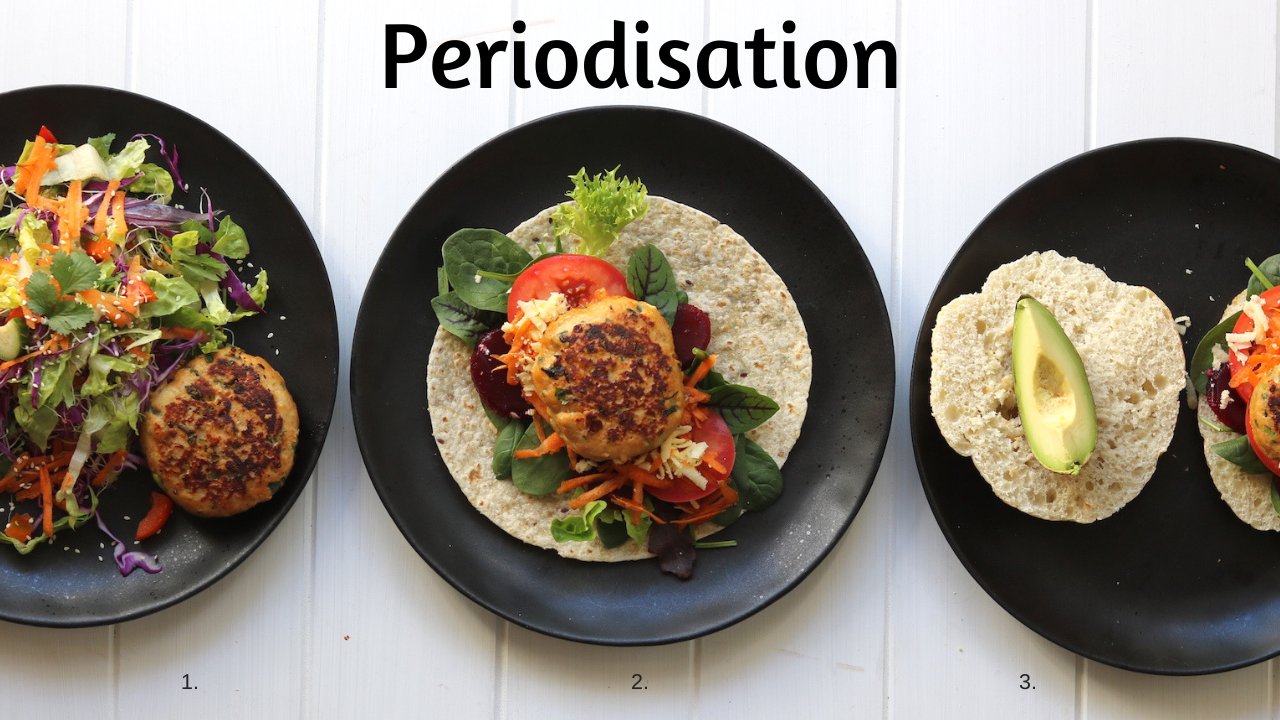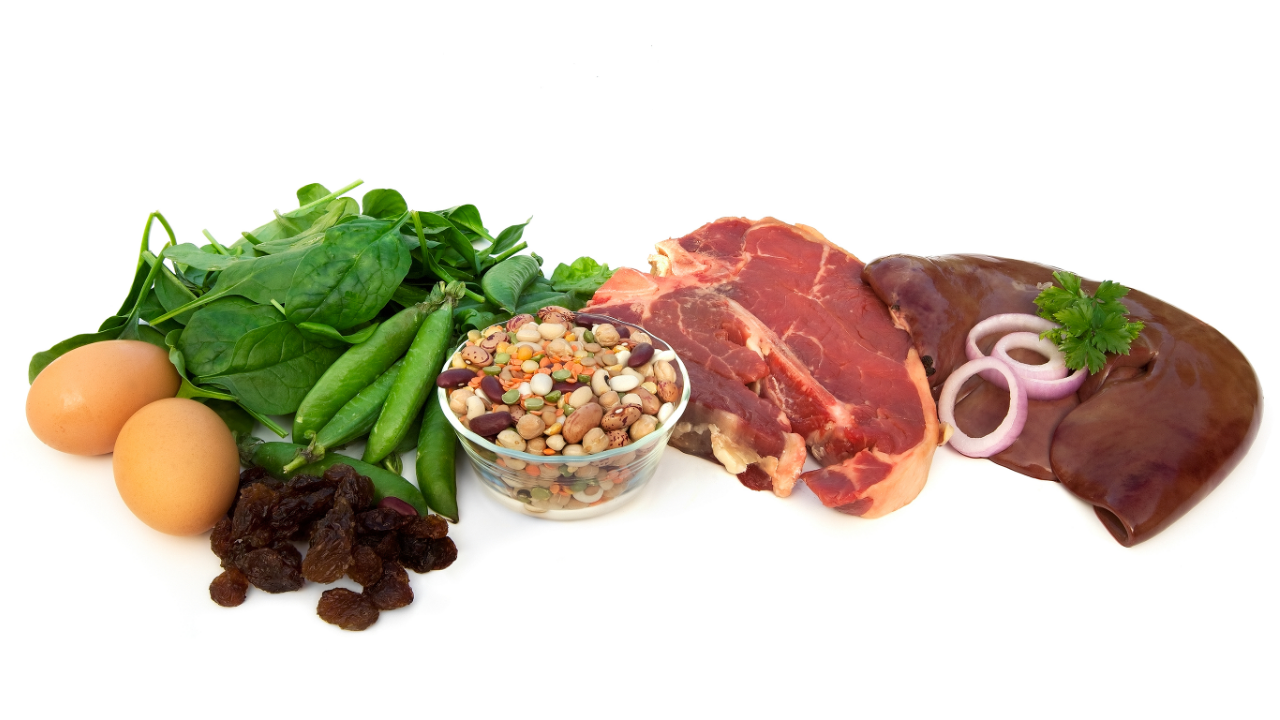Sleep and Athletic Performance

Sleep is essential for general health and wellbeing.
The more we learn, the more we realise that increased sleep duration and quality is associated with better performance in sport and life. The National Sleep Foundation recommends adults get between 7-9 hours of sleep each day for optimal health (1). But it’s not clear exactly how much sleep athletes need. It’s been suggested athletes require more – closer to 9-10 hours (2). But duration is not the only factor – sleep quality is also important. Getting the right amount of good quality sleep has some incredible benefits for athletic performance. Let’s take a deeper look…
Recovery
For an athlete, sleep is the ultimate form of recovery. It’s like a big sponge that soaks up fatigue overnight. This sponge assists with the recovery process so we can adapt from and absorb hard training. The bigger the sponge (sleep duration), the more water (fatigue) it can soak up.
Dietary Periodisation: What is it but how do you do it?..

We talk about periodising nutrition all the time, but WHAT the heck is it?
And HOW do you do it?
Nutrition Periodisation is the use of planned nutritional strategies aimed at maximising the results from specific training sessions to improve performance (1). It is just like having a training plan but for your nutrition, where your nutrition is planned around your training to get the most bang for your buck out of it.
Periodising nutrition primarily manipulates our glycogen stores, or our carbohydrate fuel tank.
There are a few ways dietary periodisation can be used:
1. Train low
This is where you train with low glycogen stores. For example, you train first thing in the morning on an empty stomach or you don’t quite top your glycogen stores back up between sessions. This allows your body to learn to run more efficiently on a lower fuel tank. For athletes that train twice or even three to four times a day, chances are they are probably running on lower...
Muscle Cramps

We look at the latest evidence on what cramps are, why we get them, how to prevent them and how pickle juice may be able to help.
What are muscle cramps?
Ah cramps! They make me nervous just thinking about them! Most of us have had one at some point or another but what are they exactly?
A cramp is defined as a painful spasmodic involuntary contraction of a skeletal muscle which occurs during or after exercise. There are actually two main types of cramps:
- Whole-body cramping, but thankfully these are not as common;
- Exercise-Associated Muscle Cramps (EAMC). This type of cramping involves individual muscles or groups of muscles and is common in the calf, hamstring and quadriceps. Think a calf cramp as you go to push off the wall in the pool. It typically involves the muscle being used.
Cramping prevalence has been reported to be as high as 6-20% during Ironman events, 30-50% in marathon runners, 60% in cyclists and 30-50% in team sports.
Although localised and short in...
Iron-(wo)man

There can be many reasons for feeling tired and exhausted sometimes. Keeping up with the demands of training, getting enough sleep, managing stress, eating well and staying hydrated are all factors that affect how we feel day to day. Meeting our vitamin and mineral requirements is also key to feeling energised. A common culprit to feeling flat for no apparent reason is iron deficiency.
The importance of iron for athletes
Iron is an essential nutrient for a number of fundamental functions within the body. Iron is important for:
- red blood cell (RBC) production,
- transporting oxygen around the body (via haemoglobin),
- storing oxygen in the muscle (via myoglobin – a special protein responsible for the red colour of muscles),
- energy production systems
- helping to maintain a healthy immune system.
It’s also an important nutrient for athletes as it plays a key role in aerobic metabolism (the slow and steady type of exercise) where energy is extracted from carbohydrate,...
Carbo-Load, Don't Garbo-Load!

Race season is well and truly here!
Have you developed your race nutrition plan yet?
WHAT you eat and drink during a race and WHEN can have a massive impact on your performance…
Lay the foundations in training
Before we delve into race nutrition, let’s not discount the value of your everyday eating plan. The foundations of daily healthy eating are where you will see the greatest performance benefits. Day-to-day nutrition helps you optimise your general fitness and training capacity, recovery system, immune function and both fat and carbohydrate metabolism. Once you’ve got the foundations right here, then you can focus on fine-tuning things come race day. OK got that sorted – read on!
Work out what you need
Nutrition and hydration are very individual, so what works for your training buddy may not work for you. We are all different with different taste preferences, food preferences and gut preferences.
The amount of carbohydrate needed during a race depends on...
Fat vs. Carbs: What’s best for sports performance?

There is so much media attention around low carbohydrate diets at the moment; it’s hard to decipher what is fact and what is fiction. Low-carbohydrate diets are not a new dietary concept by any means, yet they have made a popular comeback with claims of rapid weight loss and other health benefits. A quick Google search pulls over 2 million results in 0.3 seconds! Let’s have a look at some of the evidence and find some clarity around the concept…
Carbohydrate
Carbohydrate is a macronutrient found in foods such as bread, rice, quinoa, pasta, cereals, fruit, the starchy vegetables (potato, sweet potato and corn), legumes (chickpeas, lentils, red kidney beans) and dairy products (milk, yoghurt). It is also found in packaged foods such as sports drinks, gels and bars, soft drink, cordial, juice, honey, sugar, lollies and baked goods. When we eat carbohydrate-rich foods, they are digested and broken down into smaller building blocks, such as glucose,...
Stay Hydrated This Summer

Summer is just around the corner and as the temperature heats up, now is the perfect time to visit hydration and its effects on exercise performance.
Our body is over 60% water making hydration essential for everyone, all the time. Water plays many important roles in our body including maintaining blood volume, transporting nutrients, getting rid of waste products and importantly, regulating our body temperature.
During exercise, our body cools itself by sweating to lose heat. Sweat loss varies depending on the intensity and duration of exercise and by the ambient temperature and humidity. It is also highly individual – some people sweat no more than 500ml/hour, where others (and you’ll know who you are), sweat upwards of 3.5L/hour.
Know your sweat rate
It’s important to know what sort of sweater you are and develop a personalised hydration plan to prevent dehydration, as we know dehydration affects performance. It increases your heart rate, impairs heat...


